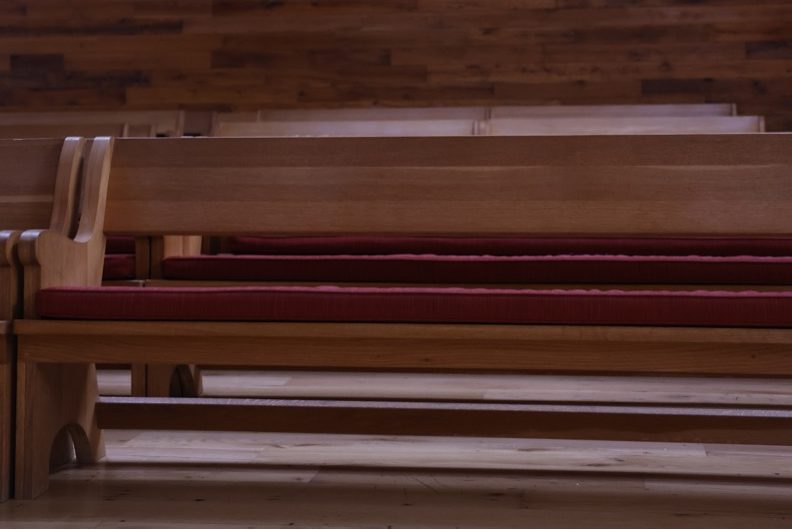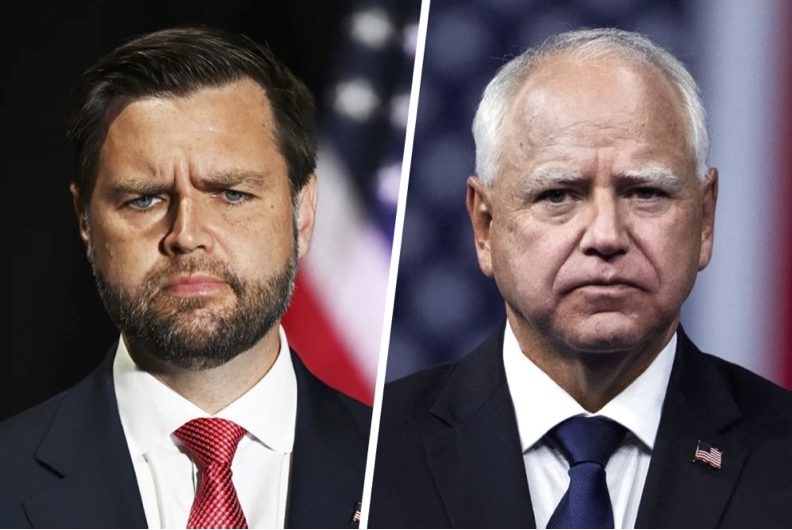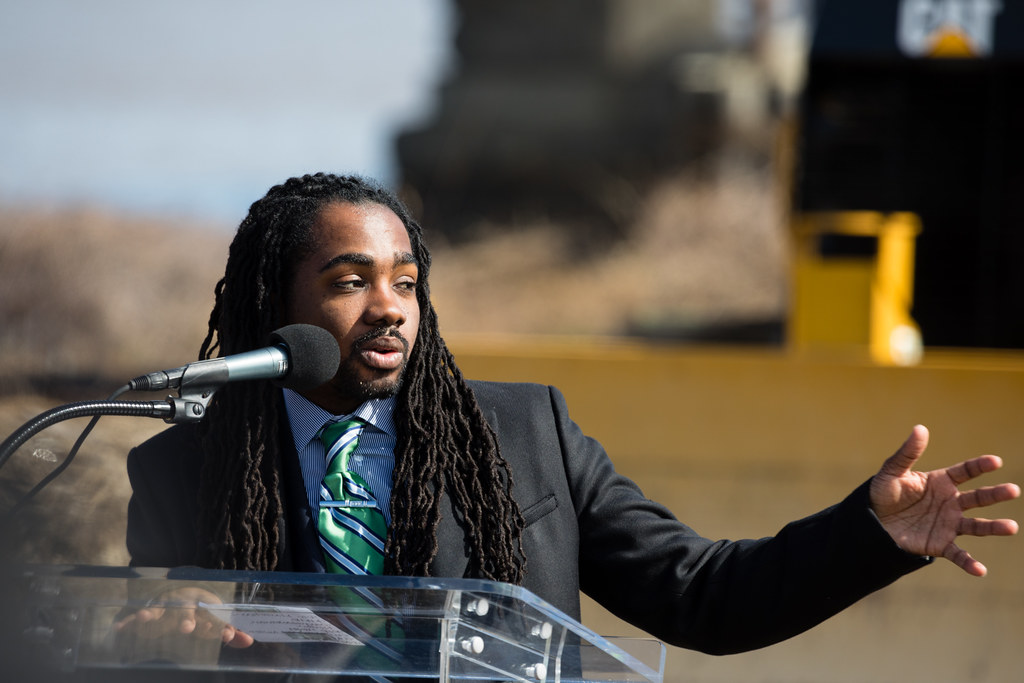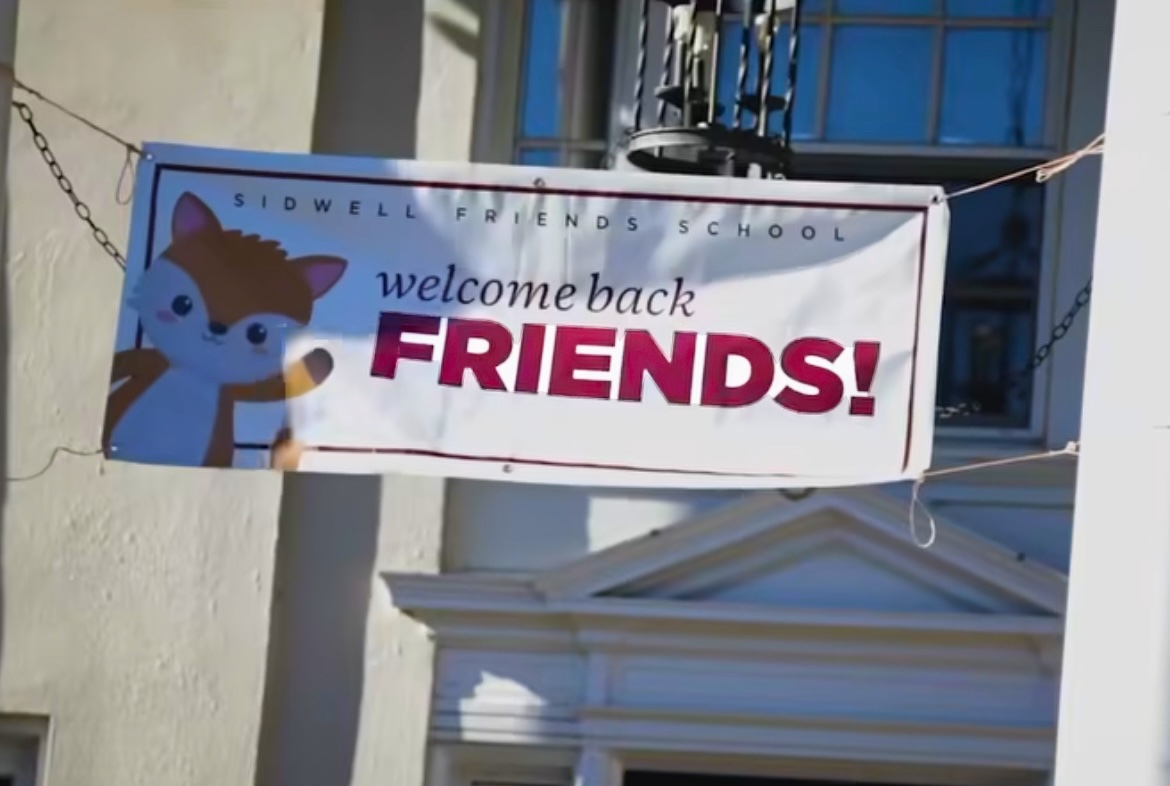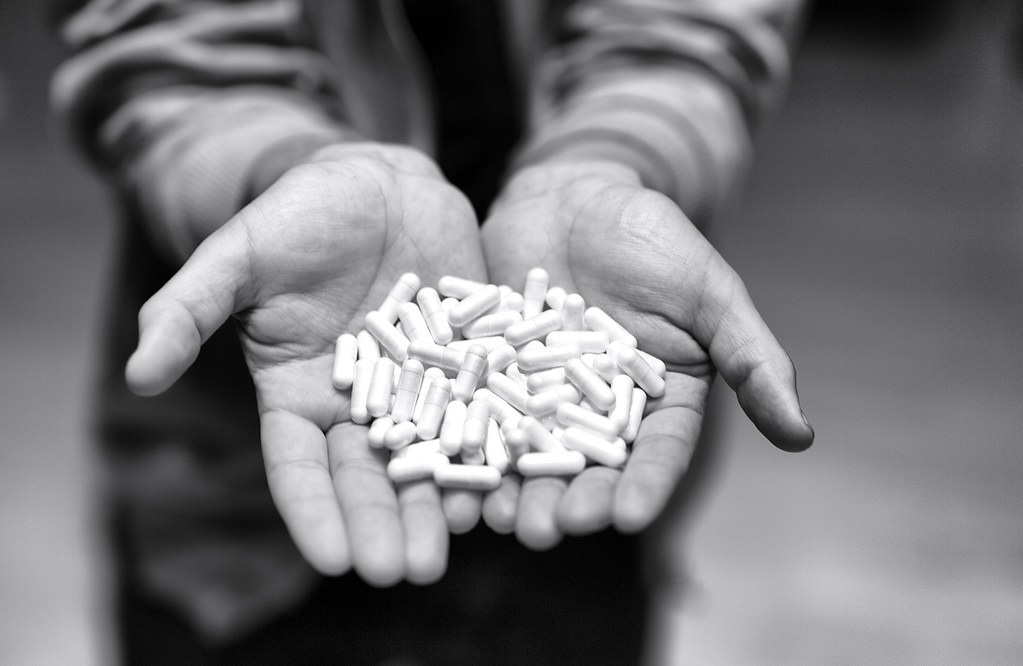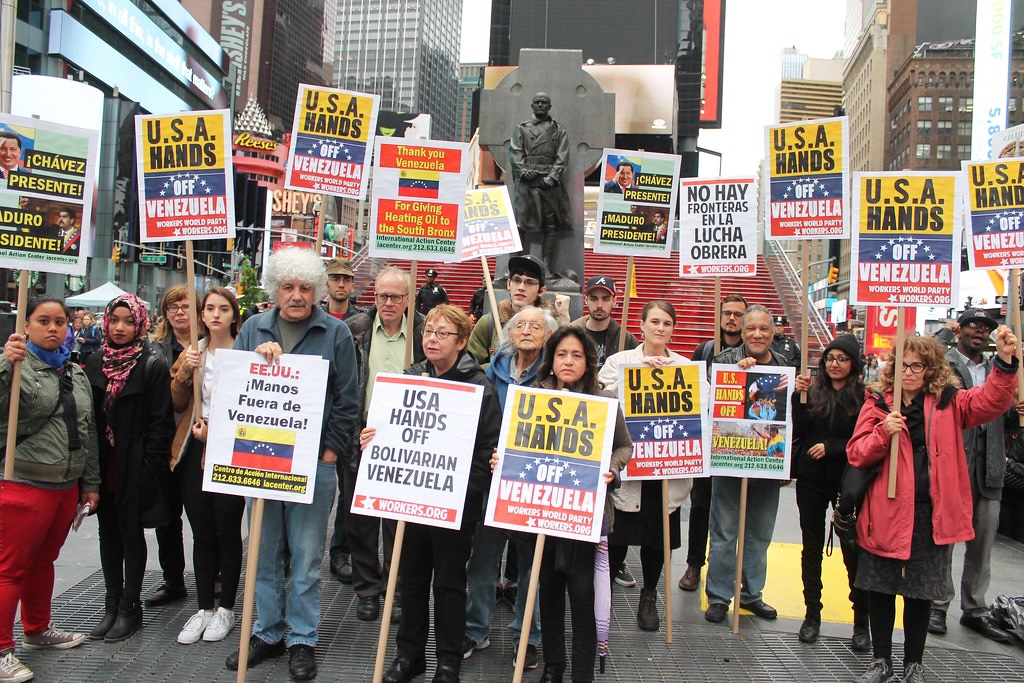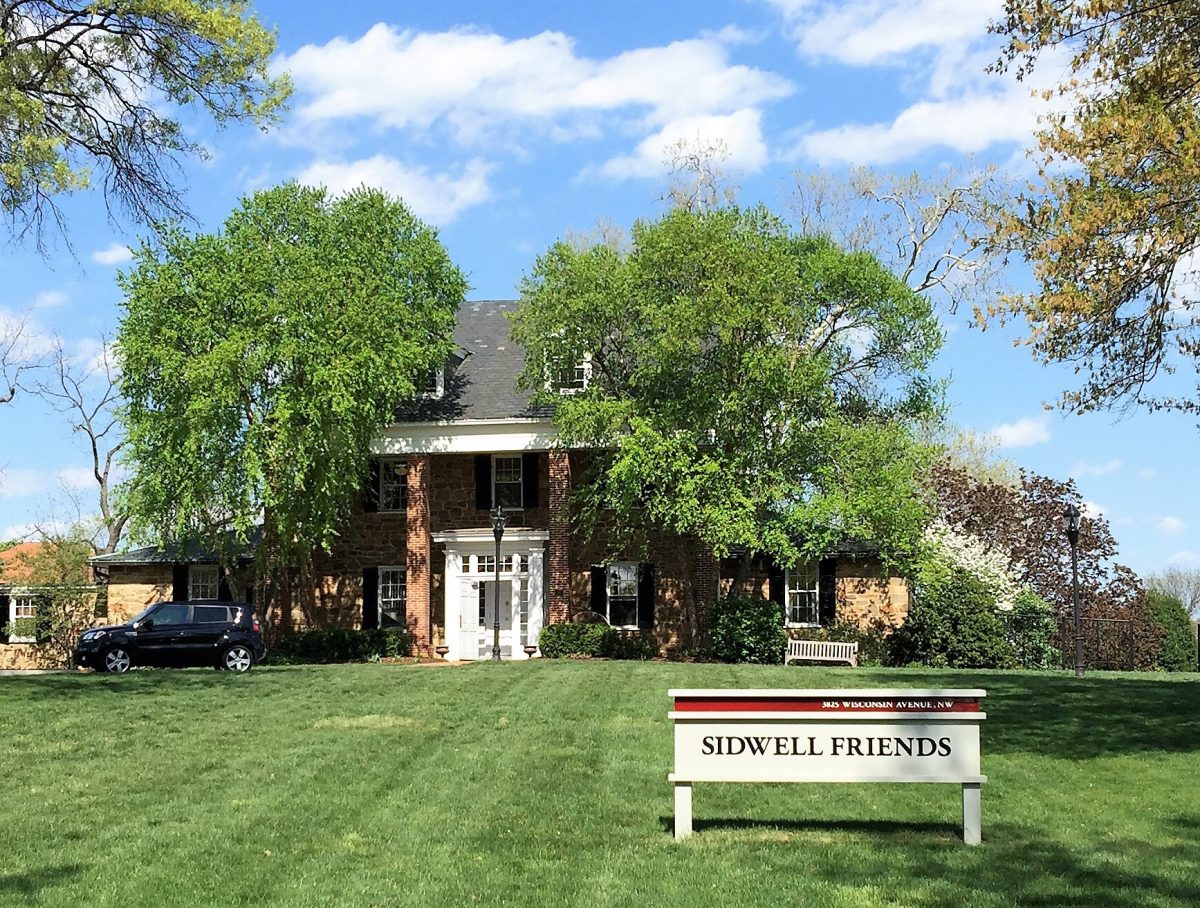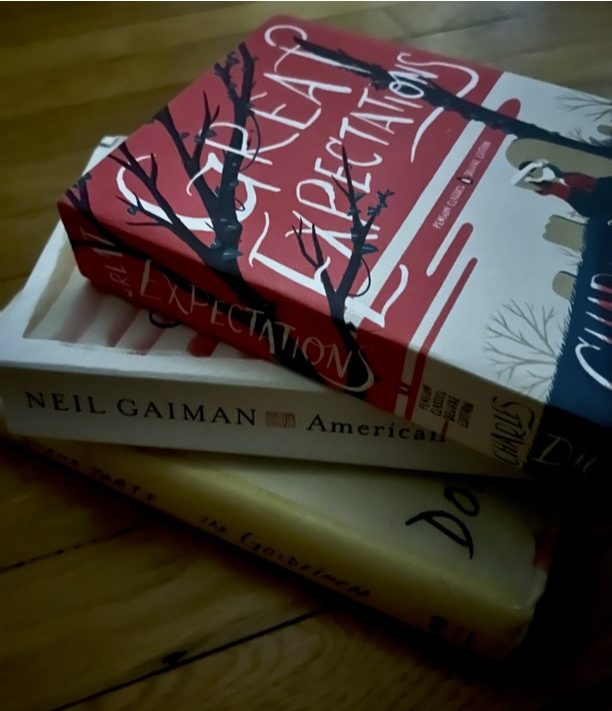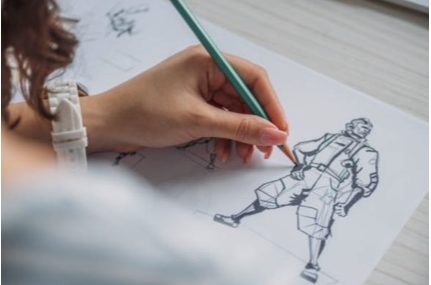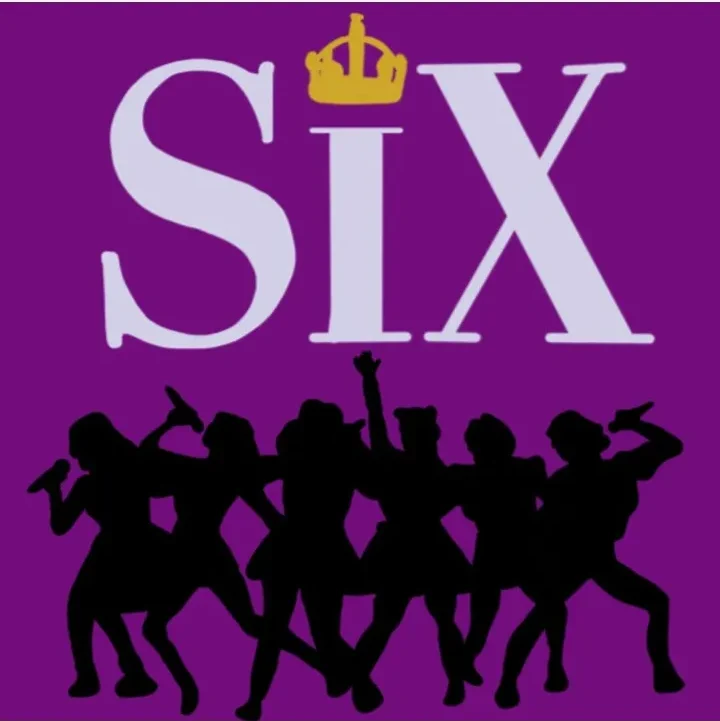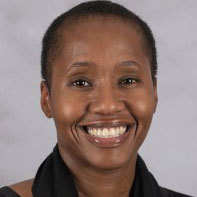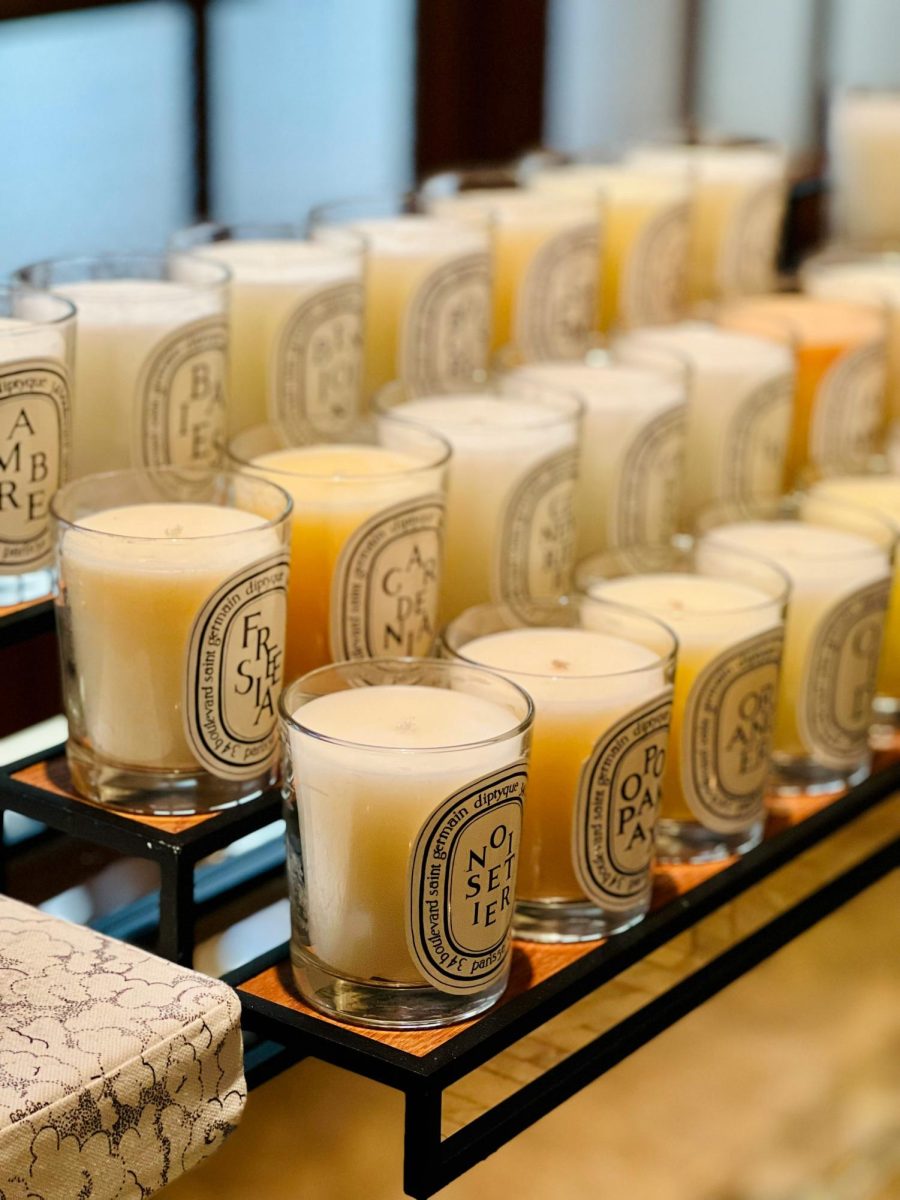On Sept. 25, the Sidwell Friends Board of Trustees adopted a Policy on Institutional Statements that states the School will cease the release of political positions unrelated to School operations. The statement, sent to Sidwell parents only, concluded that the diversity of opinion in the Sidwell community could not be fully and fai rly represented by issuing institutional statements on any politicized issue. Asserting that “institutional statements incorrectly presume a consensus of opinion in a community,” the Board highlighted how institutional statements inevitably carry bias and privileged perspectives, “regardless of how well [they] are crafted.”
According to Head of School Bryan Garman, “The key is we are not the vehicle of expression, we are the container for it. So we have to be able to continue to provide opportunities in that container of the school for students to express themselves thoughtfully and respectfully.”
“This is not a statement that says that students can’t be political; this is not a statement that says the students can’t discuss hard issues,” he added. “it’s just saying that the institution is not going to take a position on a particular issue.”
In the past, the Board released statements regarding the murder of George Floyd, the increase in hate crimes against Asian Americans during the COVID-19 pandemic and the Israel-Hamas War. Not until 2024 did several private and public universities, as well as some K-12 schools, formally adopt a stance of neutrality, modeled off a 1967 University of Chicago report responding to the Vietnam War known as the Kalven Report. According to the University of Chicago, the Kalven Report concludes that while teachers and students are the instruments of dissent and criticism, the school itself “is the home and sponsor of the critics; it is not itself the critic.”
Garman hopes the new policy will encourage different perspectives and not enforce silence on individuals. The policy statement outlines the ultimate goals of promoting education, awareness and a safe space for students to tackle and address difficult conversations. “We must remember that our core mission calls us not to opine on public policy or current events but to develop, in the Quaker tradition, the intellect and moral conscience of our students,” the policy states. “We must remember the enduring query that we ask our students: How will you let your life speak?”
Current Event Club heads Isabel Limao, Kaila Saad and Osewe Ogada agree with Sidwell’s new policy. “By not making a statement, the administration avoids leaving people out or imposing its opinions on the student body,” the club heads said. “We believe it is important for students and faculty/staff to feel comfortable and safe having their own opinions.”
Upper School Principal Robbie Gross hopes the new policy will foster even more discussion in the community. He also hopes to increase student involvement and discussion as the School refrains from political assertions.
“We do want to try and foster a learning community, where students feel like they can express disagreement among themselves and not have to worry about whether their views might be contrary to the School’s position,” Gross said. “Students can take whatever positions they want to take … we want to foster student political speech in this school. Students can form a student Democrats or Republicans club, but the school can’t say we are on X or Y sides. We want to be able to foster student dialogue and discussion, and sometimes in order to do that, the Board or the School leadership needs to say less rather than say more.”
Still, Gross acknowledges there could be valid exceptions to this policy to protect the school’s fundamental mission. “You could certainly imagine political matters that directly affect the operations of Sidwell Friends as an independent, religious, educational institution. I’m a historian — in the 1920s, there was an attempt in many states in the U.S. to abolish private schools, for example.”
He still thinks there is room for discussing human rights and equity without being dismissed as partisan or political. Additionally, he believes that teachers have an important role to fulfill by exposing students to different perspectives, values and voices. He describes this role of a teacher in a Quaker school as “not to tell you what to think, it’s to teach you how to think critically, and to foster a classroom environment that makes all students feel safe in expressing their voice.”
Garman praises Sidwell’s faculty for enriching the atmosphere and education of a Quaker community. “I think our faculty does a nice job of engaging students in meaningful conversations that are sometimes difficult and in trying to create an environment where you can trust each other and where you can feel comfortable enough to express yourself. This is something that takes time; it takes relationships; you need to get to know students over time, students need to trust the teacher, and students need to trust each other.”
According to Garman, the new policy intends to create a safe space for discussion, fostering a brave space where students are encouraged to challenge themselves.
“When I think about the things that I have learned in an educational setting that were most meaningful to me, they tend not to be moments when I was most comfortable,” Garman said. “When I think about moments where I feel like the world will open up in some way, it wasn’t because I was necessarily comfortable.”
Garman commented that, “We are trying to find a way to do something that our country needs to think about more broadly, which is how can we discuss our differences with one another, and still be civil? How can you still disagree with somebody on some pretty fundamental issues but still be in a community with them? That I think is part of what a Quaker education tries to do.”










